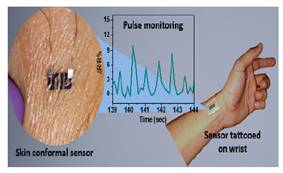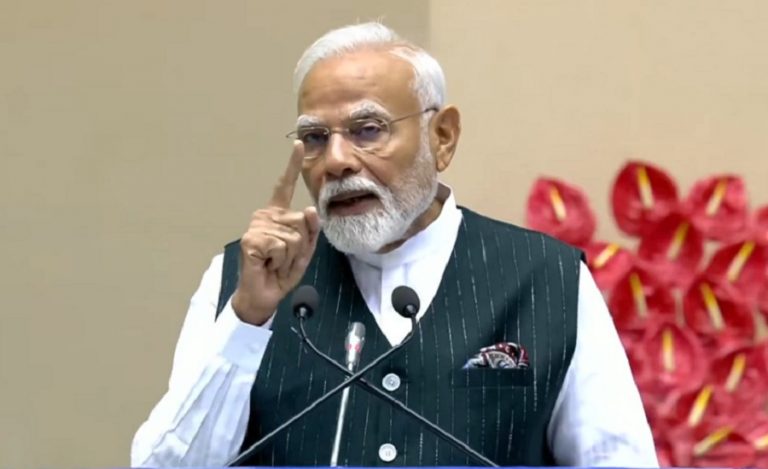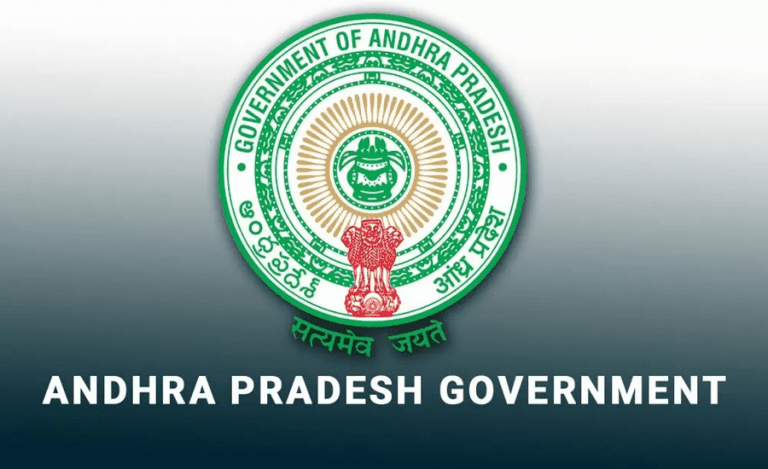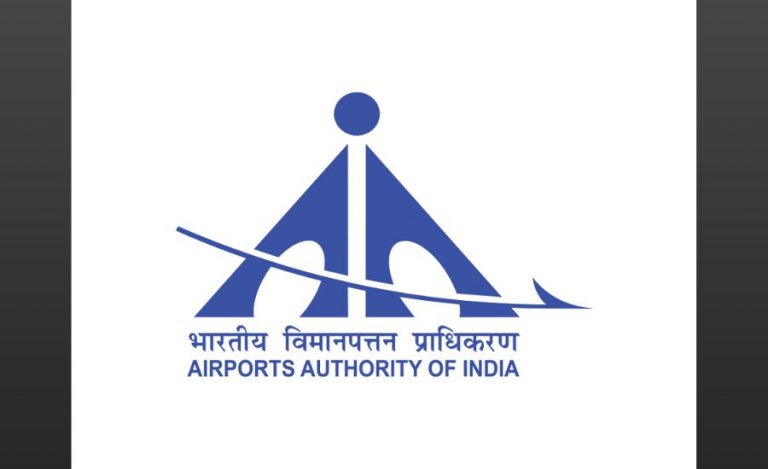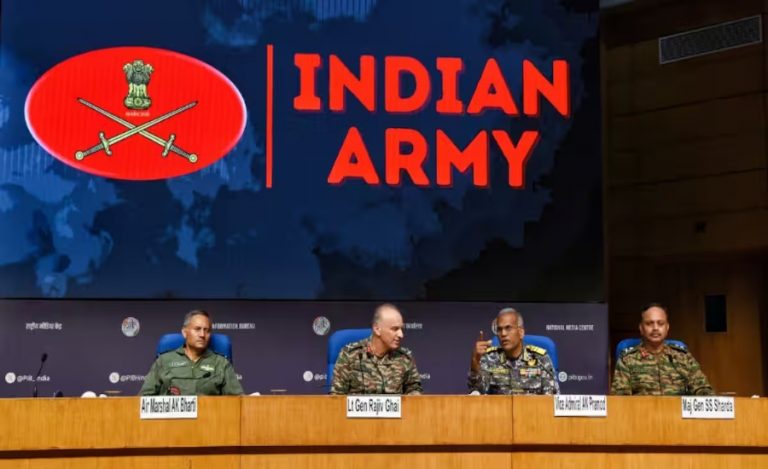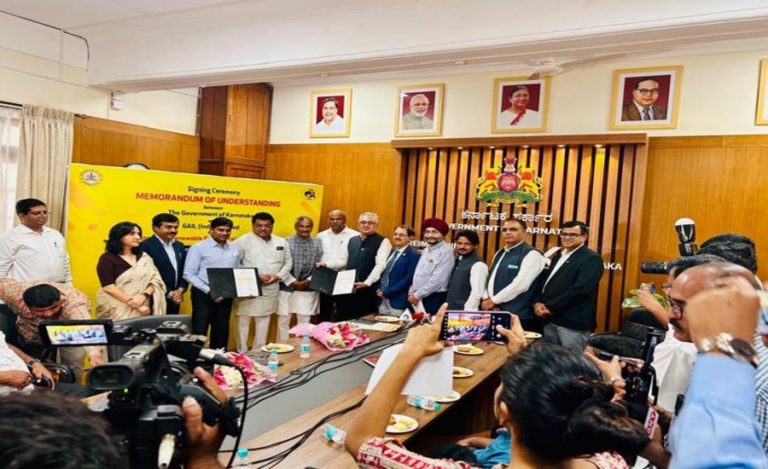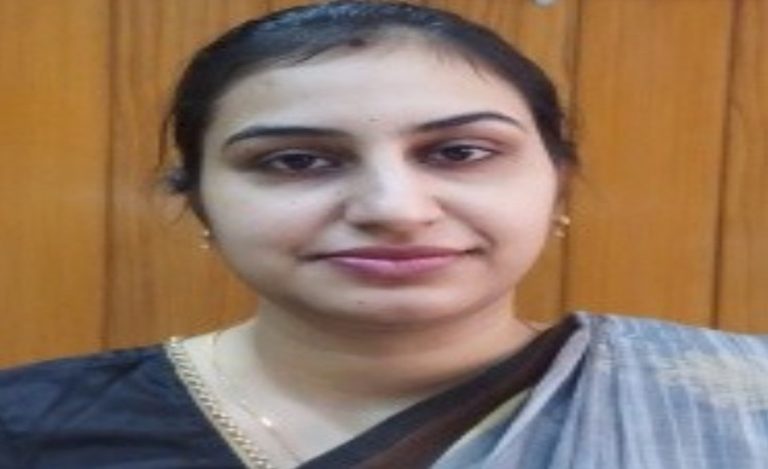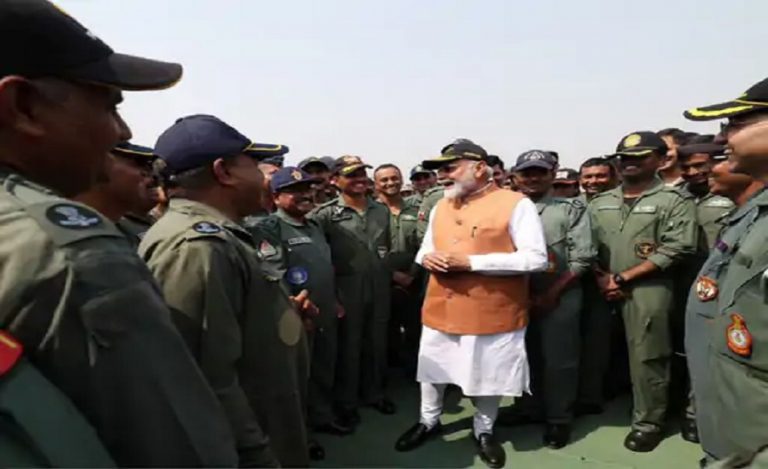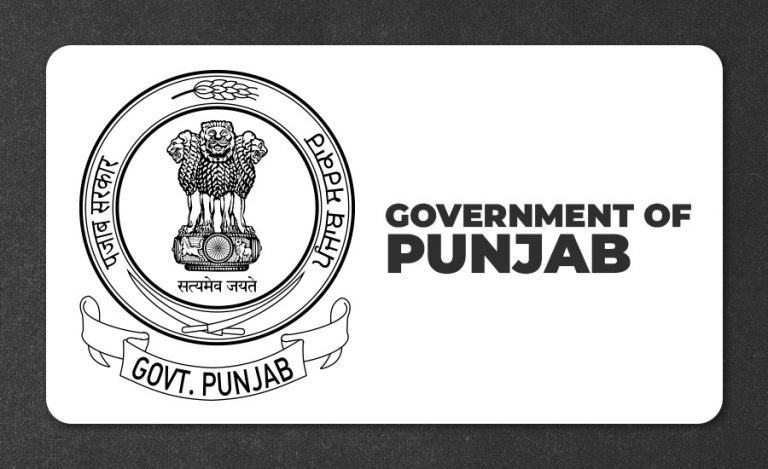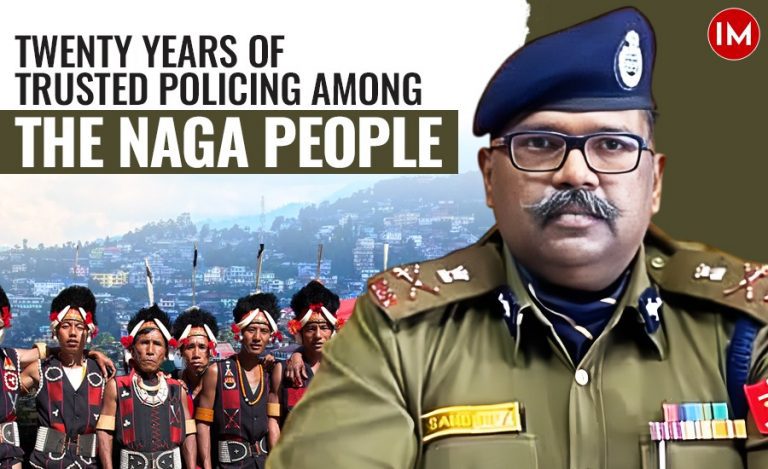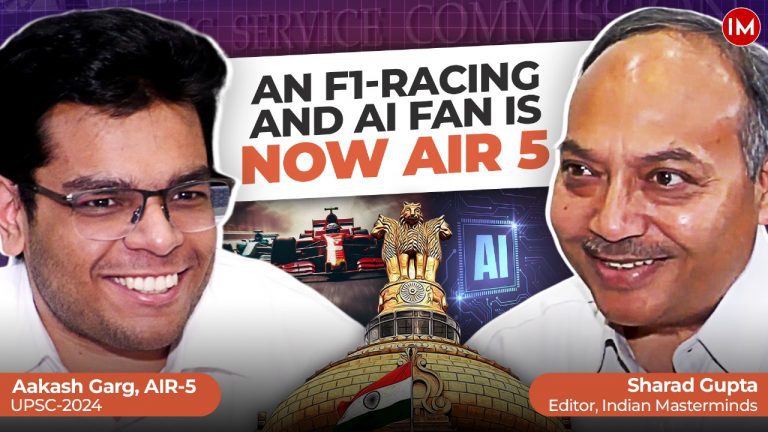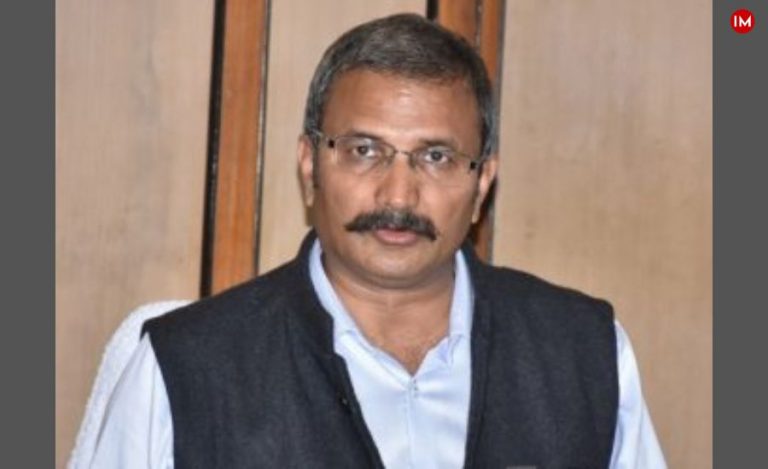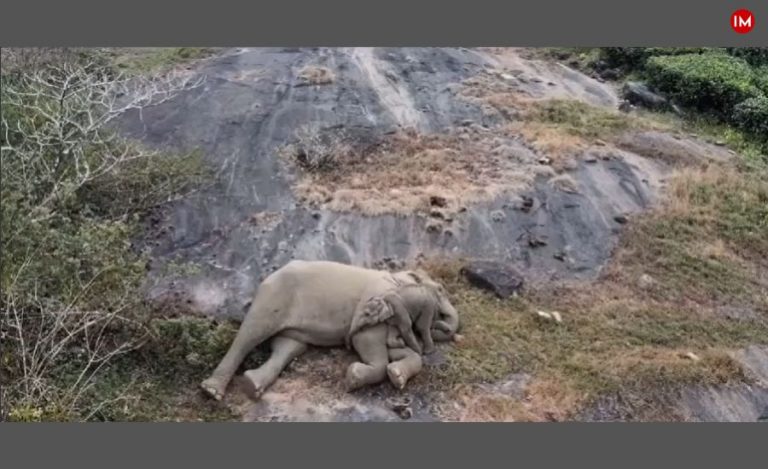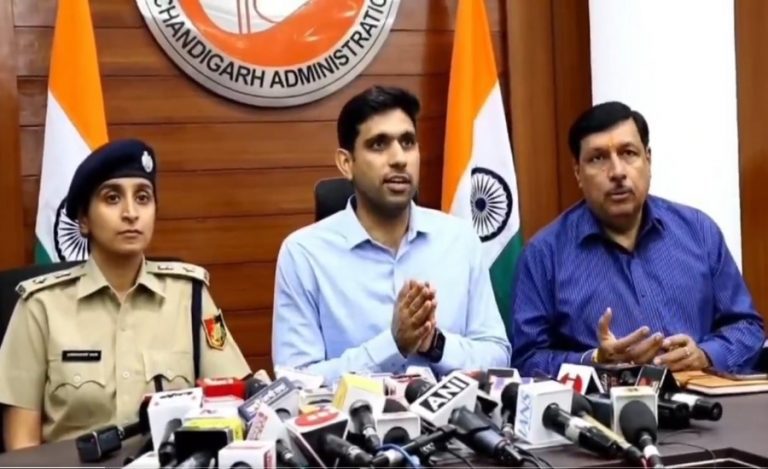Intensive research in the department of epidermal electronics has resulted in the development of novel wearable sensors that provide a point of care diagnostics with comfortable and robust user experience. It is common knowledge that standard medical devices often tend to be bulky, rigid, and non-practical because they impede uninterrupted monitoring of vital health parameters while continuing day to day life schedule. In accordance with the soft and curvilinear shape of the human body, there is a requirement of skin like sensors that can be easily tattooed on the body.
Dr. Saurabh Kumar from Centre for Nanoscience and Engineering (CeNSE) at Indian Institute of Science, Bangalore, India a recipient of the INSPIRE Faculty Fellowship instituted by the Department of Science & Technology, Govt. of India is presently working on wearable sensors that use the largest human organ, skin, to retract information about the body.
Recently, he published his research in ‘ACS Sensors’, a scientific journal in which he discribed the procedure that his group undertook. They created a skin conformal tattoo sensor about 20 μm thick. The sensor’s main benefits lie in its ability to be unobtrusiveness and the provision of continuous monitoring of vital health parameters of an individual, for instance, pulse rate, respiration rate, and surface electromyography. The sensor acts as the sole conduit for sensing respiration rate and pulse which, in turn, makes usage of multiple sensors unnecessary. Its remarkably high sensitivity with a gauge factor (GF) is caused due to the development of nano-cracks and their propagation through the film upon application of strain. Furthermore, this sensor is easy to fabricate into any desired shape and size with the help of laser and ensures fast response.
The Skin conformal sensor has the ability to perform non-invasive and continuous monitoring of vital health parameters. Also, it is compact and has the potential to take place of rigid and bulky health monitoring devices. Moreover, wearable sensors do not hinder the daily activities of the user, thus enabling continuous monitoring of vital signs like pulse rate, respiration rate, UV rays exposure, skin hydration level, glucose monitoring, and so on. Aside from delving into his research on wearable sensors, Dr. Kumar is also training students in advanced research on biosensor technologies while actively engaging them in the development of tools for bio-research and clinical diagnosis.

